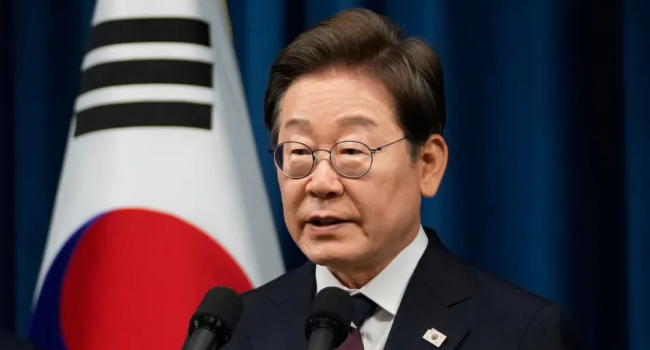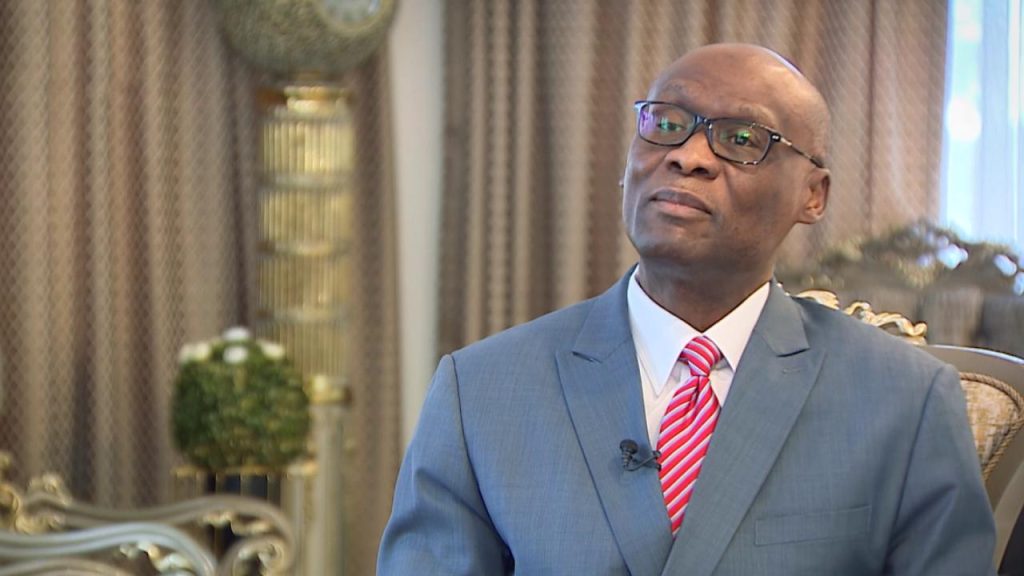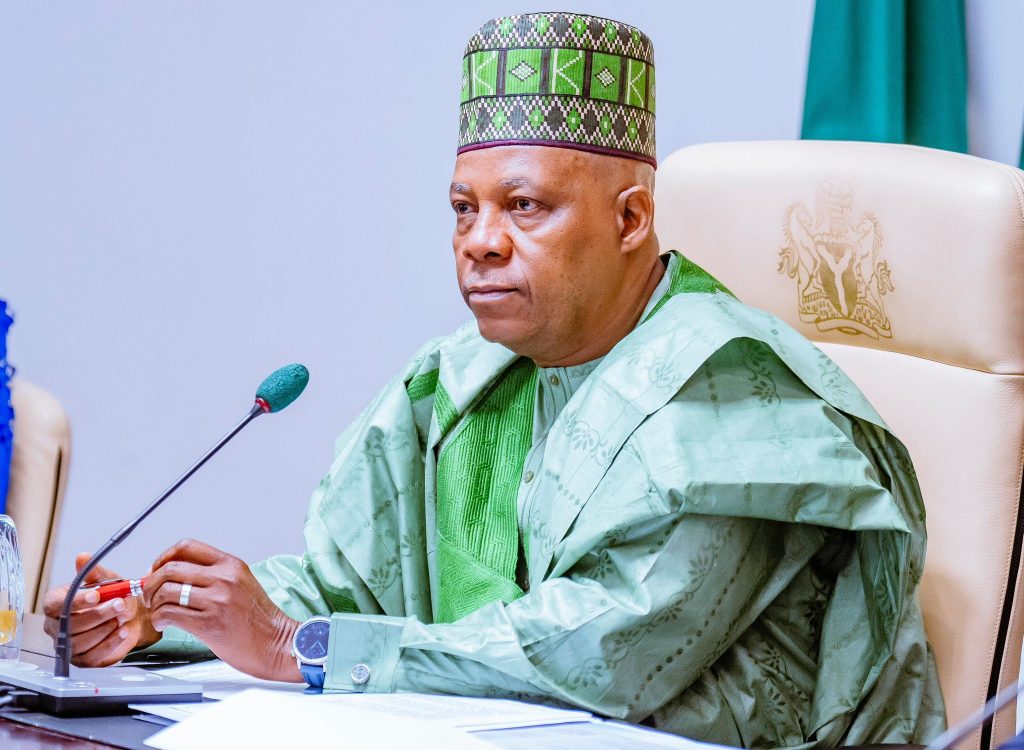Liberia’s ambitious biometric identification project, intended to modernize national security infrastructure, has been thrown into turmoil following allegations of corruption within the government. According to internal documents and a high-ranking official who spoke anonymously to The Liberian Investigator, the $120 million initiative stalled after officials allegedly demanded bribes from Austrian contractor OeSD International GmbH, prompting President Joseph Nyuma Boakai to intervene.
The National Identification Registry (NIR) had initially secured approval from Liberia’s Public Procurement and Concessions Commission (PPCC) to partner with OeSD, a 220-year-old firm specializing in advanced identity technology. A memorandum of understanding was signed in 2024, with plans to roll out secure biometric ID cards featuring proprietary security features absent in Liberia’s current system. The deal, framed as a “zero-cost” arrangement for the government, would have allowed OeSD to recover expenses through service fees.
But progress halted when “unscrupulous individuals” within the government reportedly demanded $120,000 from the company, according to the source. When OeSD refused, the officials allegedly retaliated by pushing the PPCC to reopen the process to competitive bidding—a move that contradicted earlier approvals. “The agreement was in place, and national security justified selecting OeSD,” the source said. “But certain people tried to embarrass the government when their demands weren’t met.”
President Boakai suspended the project and established a steering committee on July 5, 2025, after OeSD formally complained about the bribery attempts. However, two days later, the PPCC overruled the NIR’s request to proceed with OeSD, mandating an international bidding process instead. Procurement experts note that if OeSD’s contract was finalized before regulatory review, it would violate Liberian law, raising questions about the legality of the initial agreement.
A timeline of events reveals contradictions: The PPCC granted conditional approval in May 2025 but reversed course in July, citing procurement laws requiring transparency. Meanwhile, the president’s committee was tasked with both upholding OeSD’s contract and selecting a contractor—a dual mandate experts call legally fraught.
The fallout has placed Liberia’s governance under scrutiny. The anonymous official accused some officials of sabotaging the project after failed extortion attempts, undermining both national security and the country’s international reputation. “Liberia was disgraced because officials prioritized personal gain,” the source said, adding that delays could force the government to pay more for inferior technology, as competitors would need OeSD’s patented systems.
The scandal highlights tensions between anti-corruption measures and bureaucratic efficiency in critical infrastructure projects. With biometric IDs seen as vital for security and service delivery, further delays risk leaving Liberia dependent on outdated systems while legal and ethical questions remain unresolved.



